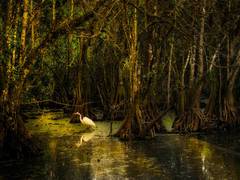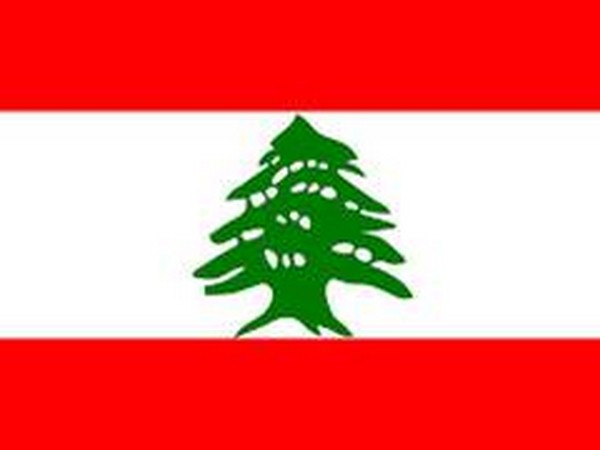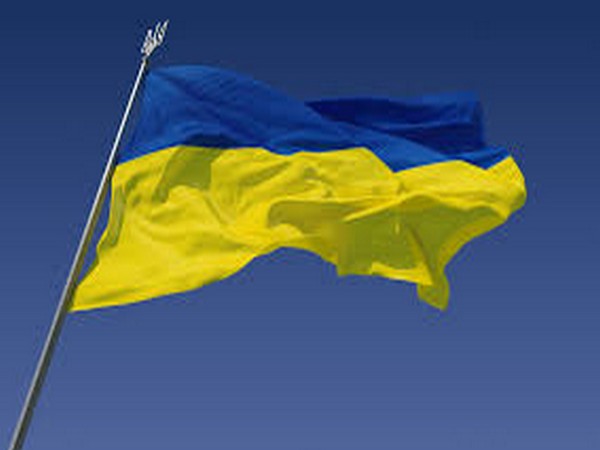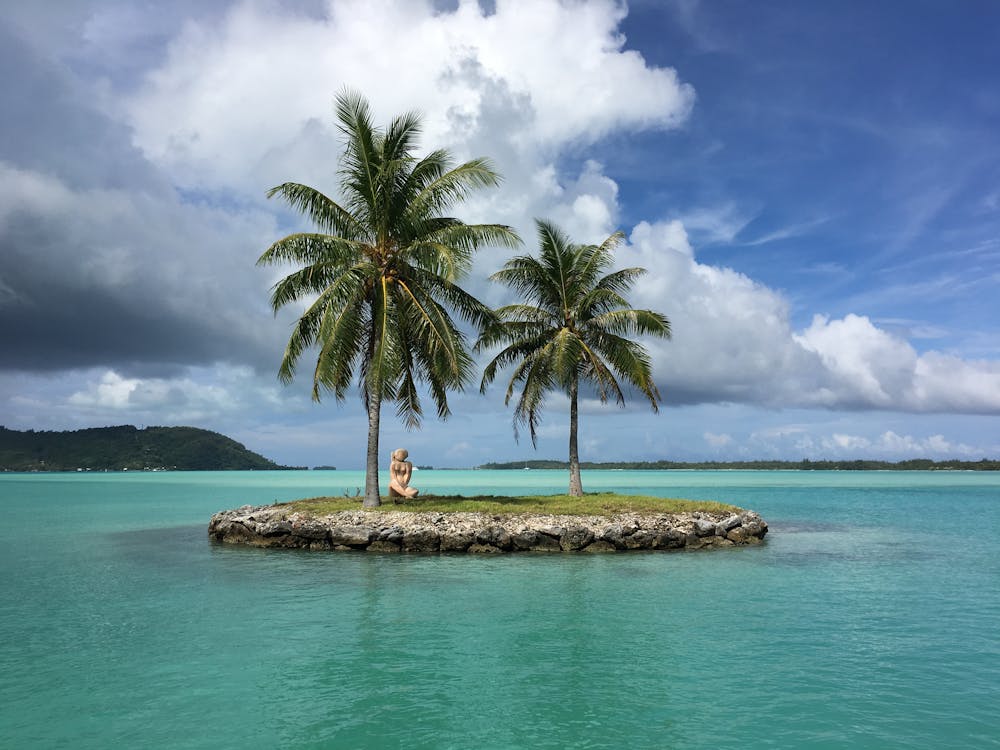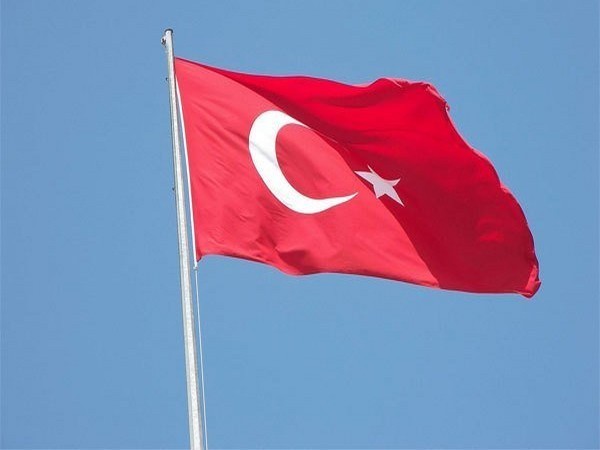Mangroves are crucial for Fiji's climate strategy
Aug 01, 2023
Washington [US], August 1: Around the world 26 July is commemorated as the International Day for the Conservation of the Mangrove Ecosystem.
In 2015, the United Nations Educational, Scientific and Cultural Organisation (UNESCO) during its General Conference proclaimed the day, also known as the World Mangrove Day. It was first commemorated in 2016.
Mangrove forest conservation is crucial for global strategies on climate change mitigation as it is one of the most carbon-rich ecosystems in the world today.
According to the Department of Forestry, Fiji has more than 46,600 hectares of mangrove forests which is approximately 4 percent of Fiji's forest cover.
The ecosystem goods and services provided by mangroves include the provision of firewood, saltwater resistant building materials, traditional medicines and natural dyes.
Mangrove forests are productive fishing grounds and fulfil an important role as nurseries and habitat for a wide range of fish and invertebrate species which is crucial for food security and coastal livelihoods.
From masi to erosion defence
From the use of mangrove as a main ingredient for masi printing dyes to its role as a defence against soil erosion, mangroves are indeed plants with multiple benefits and their significance goes beyond just carbon storage.
However, despite the many benefits of the mangrove ecosystem, it continues to encounter challenges, including new infrastructure and development, pollution, and over-use.
In her Mangrove Day address, UNESCO director-general Audrey Azoulay warned that mangroves are under threat.
"Mangroves are in danger - it has been estimated that more than three quarters of mangroves in the world are now threatened and with them all the aquatic and terrestrial organisms that depend on them," she said.
"In the face of the climate emergency, we must go even further, for mangroves also serve as key carbon sinks that we cannot allow to disappear.
"Beyond protection and restoration, we also need global awareness. This means educating and alerting the public, not only in schools, but wherever possible."
Around the Pacific, the project on the Management of Blue Carbon Ecosystems (MACBLUE project) focusing on conservation and management of mangrove ecosystems and seagrass meadows is being implemented in four countries: Fiji, Papua New Guinea, Solomon Islands and Vanuatu.
Close collaboration
"The project is implemented by the German Agency for International Cooperation (GIZ Pacific) together with the South Pacific Regional Environment Programme (SPREP) and the Pacific Community (SPC) as regional partners.
The project, in close collaboration with the four governments, will utilise remote sensing approaches to map the extent of seagrass and mangrove ecosystems, assess if the areas in the partner countries are increasing or decreasing, and model related carbon storage capacity and ecosystem services.
The resulting data will support government partners in their efforts to strategically develop and implement conservation, management, and rehabilitation efforts.
The integration of traditional use and ownership rights in national blue economy and ocean governance approaches is seen as a key priority.
MACBLUE Project director Raphael Linzatti said the implementation of the project would see support provided towards the four countries with mangrove conservation and management.
"The support will follow a demand-driven approach and tailored to address the needs and priorities of each partner country," Linzatti said.
"The MACBLUE project will also allow for closer regional and international collaboration and building regional capacity through training activities and knowledge exchange, supporting long-term expertise within the region."
The project will be implemented until December 2025 and is commissioned by the German Federal Ministry for the Environment, Nature Conservation, Nuclear Safety and Consumer Protection under its International Climate Initiative.
Joeli Bili works for the German Agency for International Cooperation (GIZ Pacific). The views expressed are the author's alone.
Source: Fijian Broadcasting Cooperation
